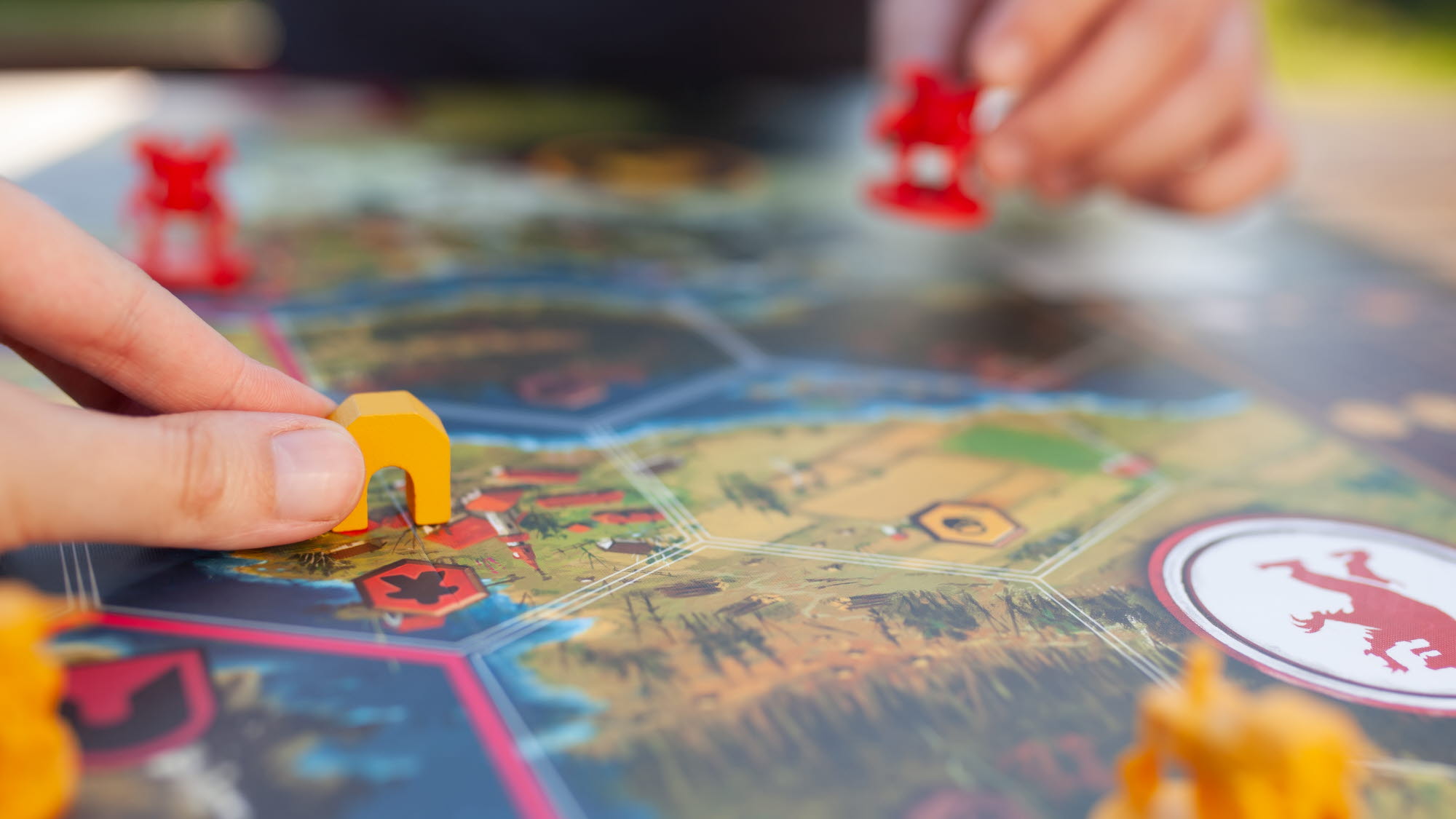Since the dawn of time, man has enjoyed playing games. With the introduction of TV and online games, we have seen a whole new dimension of gaming, introducing new professions like gaming programmer, technical artist and game animator. There’s even a world championship in e-sports. At the same time, and perhaps as a direct counter-reaction to this, boardgames are riding a wave of success. The digital era has stimulated interest in old-school, analogue games, up to the point that some talk of a renaissance or new golden age for boardgames.
Regardless of whether the game you’re playing is analogue or digital, online interaction over the internet has been indispensable in bringing together boardgame fans from all over the world. The renaissance of boardgames as a global trend is all down to online forums like BoardGameGeek.com. Many gamers ask for local language versions of the games too, and the requests for such licenses have risen steadily. In a way you could call it a shift in paradigm – today the fostering of a global community is no longer dependent of trade or diplomacy but by gamers.
Another advantage of boardgames is the great value-for-money. Not least in times with a weak economy, since boardgames offer an excellent rate of return on one entertainment dollar. For the average price of a videogame, you get to own a boardgame for good, as opposed to just a license to play it. And while the licenses can expire, you can easily swap, sell or give away a boardgame, which only enhances the community spirit. A sustainable dimension of gaming, and a lot like the trend we see in the book market!
Looking at the up-swing of boardgames, what’s driving it? If you ask the most hardcore boardgame fans it seems to be more of a “Holy Trinity” that has attracted new board gamers over the last two decades: Settlers of Catan, Ticket to Ride and Carcassonne. They were all launched in the 90s or 00s, making up what enthusiasts refer to as “Euro-games” – strategy boardgames with medium-length playing time and a theme emphasizing collaboration rather than conflict. Boardgame veterans, however, seem to like pretty much the same things they always have – historical, fantasy or sci-fi games account for the lion’s share of sales. A constant in a changeable world.



